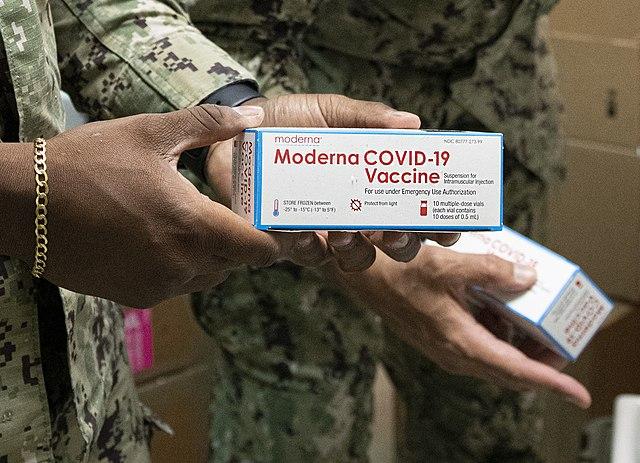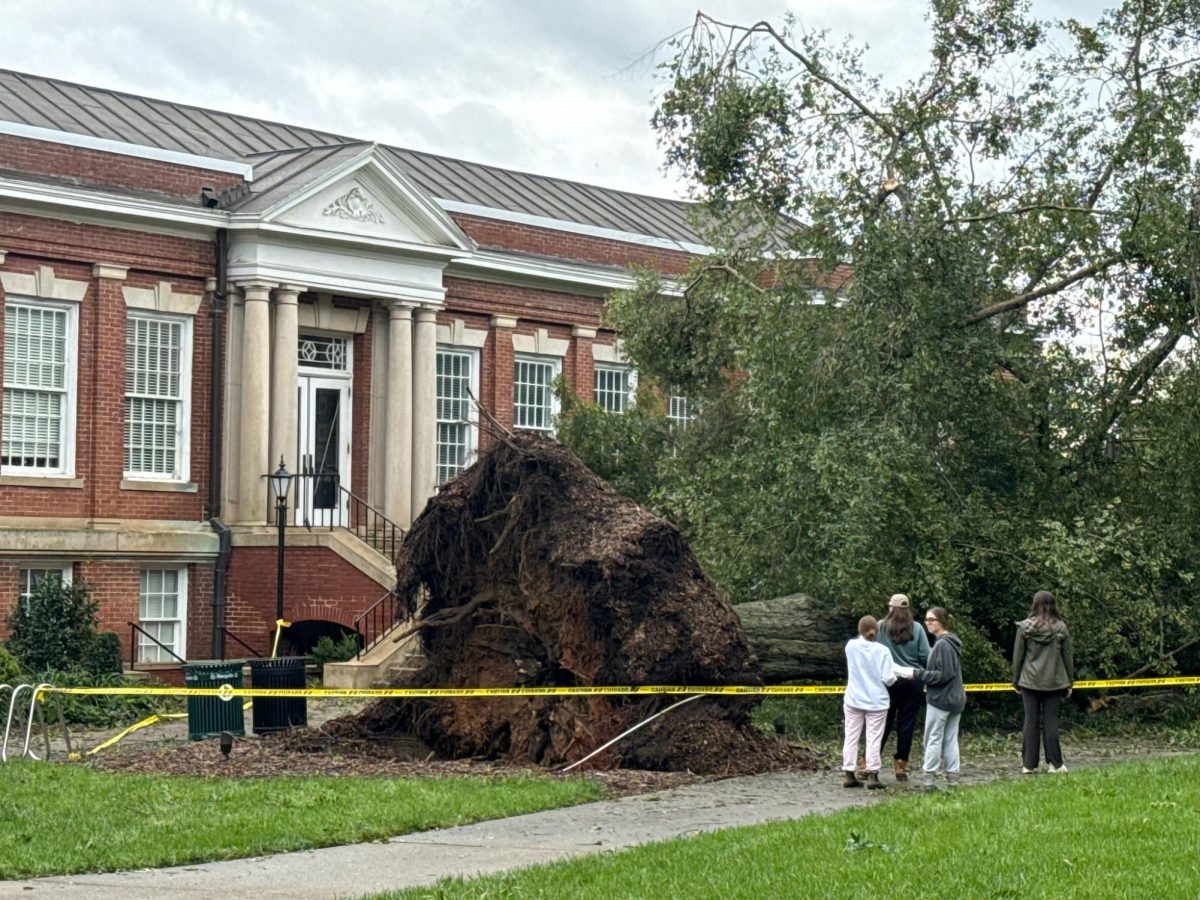Deconstructing common myths surrounding COVID vaccines in an attempt to separate fact from fiction.
The rollout of COVID-19 vaccines inspired an onslaught of hesitancy due to myths mixed with personal convictions rooted in genuine concerns circulating in online social-networking communities, leading to an epidemic of scientific skepticism and threatening health literacy.
The purpose of shedding light upon vaccine misgivings is not to persuade or dissuade individuals from getting vaccinated, but to ensure that members of the Wofford community are equipped to make educated decisions concerning their health and well being.
Myth #1: The COVID vaccine hinders female fertility
This idea arose when a false report made on social media claimed that the spike protein on coronavirus’ surface was similar to another protein named synticin-1, which is involved in the growth and attachment of the placenta during pregnancy. The proponent of this misconception claimed that the vaccine would cause a woman’s body to fight the protein and reduce fertility.
During the Pfizer vaccine trials, 23 female volunteers involved in the study became pregnant. There was one mother in the trial who miscarried, however, but she received a placebo rather than the actual vaccine.
As of Apr. 26, 2021, the CDC recommends that pregnant women receive the vaccine, as recent studies such as one published in the New England Medical Journal, involving 36,000 respondents, have shown there is no additional risk posed for the mother or unborn child.
Having a conversation with a healthcare provider in order to make a decision about vaccination is suggested as a helpful tool for pregnant women.
Myth # 2: Those previously infected with COVID do not need vaccines
Due to the fact that re-infection with COVID is possible, it is recommended that people receive vaccinations as it may offer greater protection than natural immunity, which still requires more investigation through scientific studies.
Myth # 3: The vaccine can infect people with COVID-19
None of the authorized or recommended vaccines contain the live virus that causes COVID-19. The vaccines teach the body how to recognize and fight the virus. Side effects are a normal sign of the body building up protection.
According to the CDC, there are three COVID vaccines currently available. The Pfiezer-BioNTech, is recommended for individuals aged 16 and over, requires two shots 21 days apart. There is also a Moderna vaccine, recommended for those 18 years or older and requiring 2 shots one month apart. Lastly is the Johnson & Johnson, requiring only one dose.
The J&J vaccine has recently been the source of controversy due to the suspected correlation between the vaccine and blood clots. The CDC has resumed its recommendation of the J&J vaccine after a two-week pause, but, women under 50 are cautioned to be especially aware of the rare risk of blood clots with low platelets following vaccination. No other vaccine is known to have this side effect.
Common side effects include pain, redness, and swelling in the arm where the shot was administered as well as muscle aches, fever, headaches, chills and nausea. These symptoms normally resolve within a few days of receiving the vaccine.
If someone has been treated for COVID with convalescent plasma or monoclonal antibodies, it is advised to wait 90 days before getting a vaccine.
People with underlying conditions can receive the vaccine as long as they do not have an immediate or severe allergic reaction to any of the ingredients within the vaccine.
Those currently infected with COVID should wait until fully recovering and being cleared to discontinue quarantine before being vaccinated.
It is also not advised for those who have received the vaccine to completely abandon preventative measures to reduce the spread of infection in social situations involving crowded gatherings which call for masks and social distancing until further notice. It is not known whether vaccinated individuals can still carry or transmit the virus, even when they themselves are not ill.
In February, Dr. Anthony Fauci,director of the National Institute of Allergy and Infectious Diseases, insisted that all of the vaccines would be the most effective agents in halting the virus, believing that the benefits outweigh the costs of remaining in a COVID-ridden world.
“We don’t want to continue to prevent people from doing what they want to do. But let’s get down to a good level, “ Fauci told CBS. “ Face the Nation. Let’s get many, many more people vaccinated. And then you could pull back on those types of public health measures.”
Written by Nehmiah Broadie

























